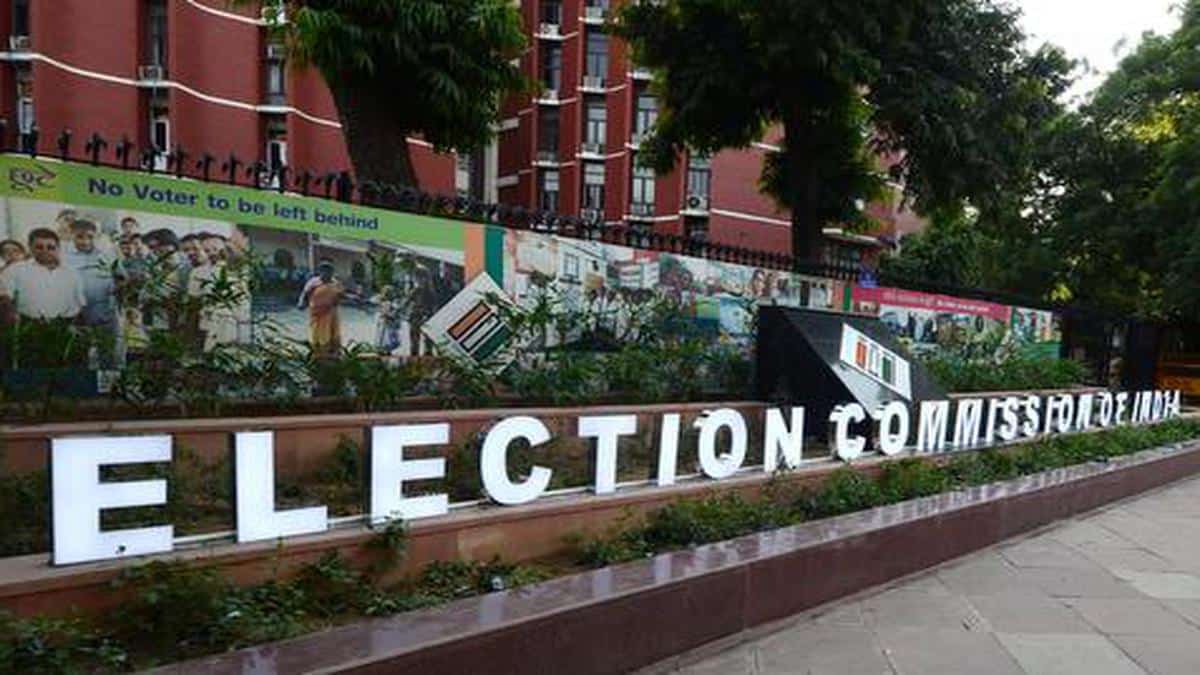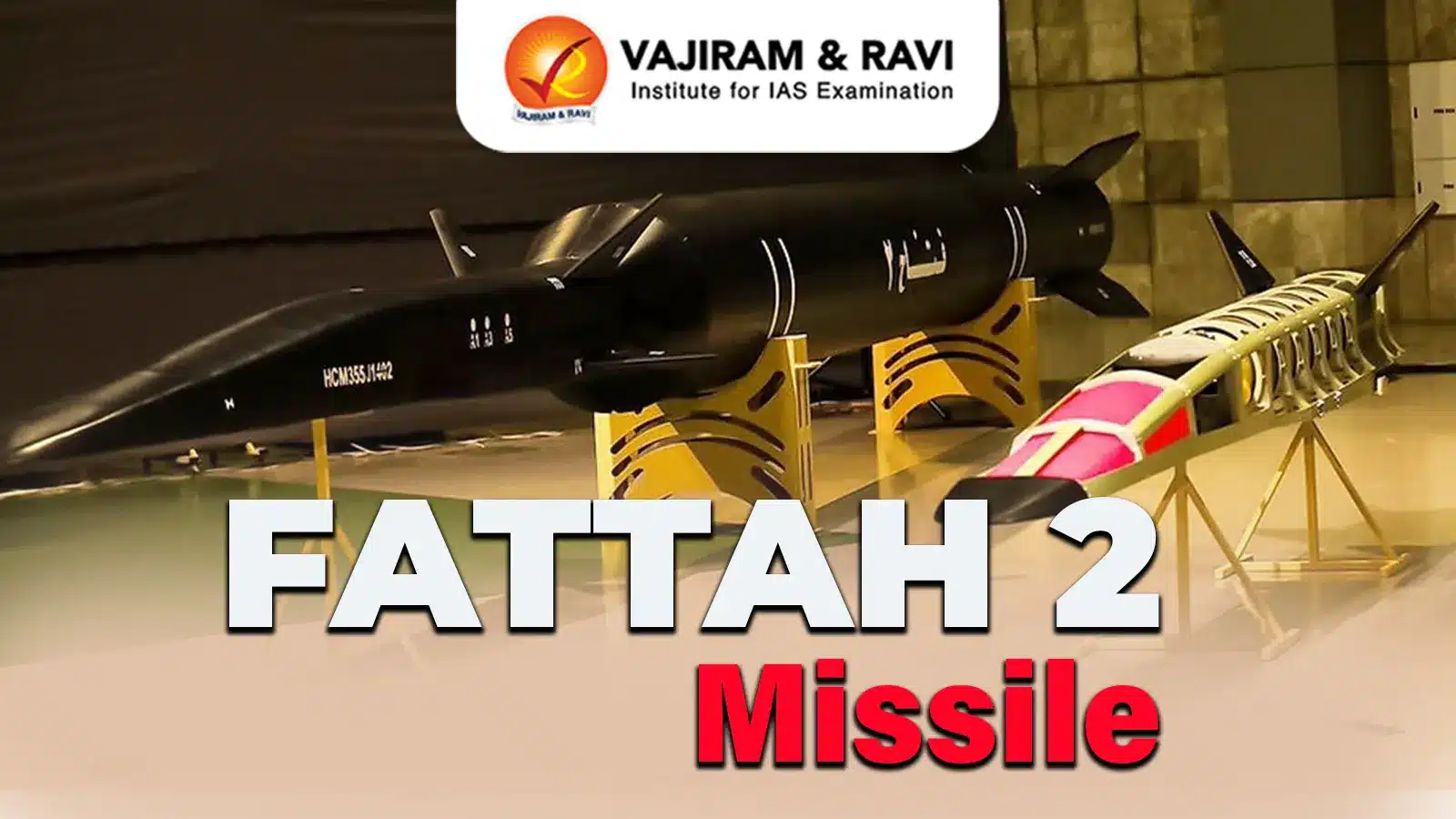About Election Commission of India (ECI):
- It is an autonomous and permanent constitutional body responsible for organizing free and fair elections in India.
- The Constitution grants the ECI with the power of direction, superintendence, and control of elections to Parliament, state legislatures, the office of president of India, and the office of vice-president of India.
- Powers and responsibilities ECI:
- Determining the Electoral Constituencies’ territorial areas throughout the country.
- Preparing and periodically revising electoral rolls and registering all eligible voters.
- Notifying the schedules and dates of elections and scrutinizing nomination papers.
- Granting recognition to the various political parties and allocating them election symbols.
- The Commission also has advisory jurisdiction in the matter of post-election disqualification of sitting members of Parliament and State Legislatures.
- It issues the Model Code of Conduct in elections for political parties and candidates so that no one indulges in unfair practice or there is no arbitrary abuse of powers by those in power.
- Composition: The commission consists of a Chief Election Commissioner (CEC) and two Election Commissioners (ECs).
- How are the CEC and ECs currently appointed?
- Under Article 324 (2), the President appoints the CEC and other ECs.
- The President makes the appointment on the advice of the Union Council of Ministers headed by the Prime Minister.
- The Constitution does not prescribe any qualifications, academic or otherwise, for appointment to these offices.
- The tenure of office and the conditions of service of all the commissioners is determined by the President.
- The tenure of commissioners is 6 years or up to the age of 65, whichever is earlier.
- The CEC and the two other ECs have the same powers and emoluments, including salaries, which are the same as a Supreme Court judge.
- All three commissioners have the same right of taking a decision. In case of a difference of opinion amongst the three members, the matter is decided by the Commission by a majority.
- Can CEC and ECs be removed?
- Article 324 of The Constitution of India mentions the provisions to safeguard and ensure the independent and impartial functioning of the Election Commission.
- The CEC is provided with security of tenure. He cannot be removed from his office except in the same manner and on the same grounds as a judge of the Supreme Court.
- Any other election commissioner or a regional commissioner cannot be removed from office except on the recommendation of the CEC.
- What does the recent Supreme Court ruling say?
- The CEC and other ECs should be appointed by the President on the advice of a committee comprising the prime minister, the leader of the opposition in the Lok Sabha, and the Chief Justice of India.
Q1) What is the mandate of Election Commission of India (ECI)?
The Election Commission of India is an autonomous constitutional authority responsible for administering Union and State election processes in India. The body administers elections to the Lok Sabha, Rajya Sabha, State Legislative Assemblies in India, and the offices of the President and Vice President in the country.
Source: How are the CEC and ECs appointed, and what has the Supreme Court order changed?
Last updated on June, 2025
→ UPSC Notification 2025 was released on 22nd January 2025.
→ UPSC Prelims Result 2025 is out now for the CSE held on 25 May 2025.
→ UPSC Prelims Question Paper 2025 and Unofficial Prelims Answer Key 2025 are available now.
→ UPSC Calendar 2026 is released on 15th May, 2025.
→ The UPSC Vacancy 2025 were released 1129, out of which 979 were for UPSC CSE and remaining 150 are for UPSC IFoS.
→ UPSC Mains 2025 will be conducted on 22nd August 2025.
→ UPSC Prelims 2026 will be conducted on 24th May, 2026 & UPSC Mains 2026 will be conducted on 21st August 2026.
→ The UPSC Selection Process is of 3 stages-Prelims, Mains and Interview.
→ UPSC Result 2024 is released with latest UPSC Marksheet 2024. Check Now!
→ UPSC Toppers List 2024 is released now. Shakti Dubey is UPSC AIR 1 2024 Topper.
→ Also check Best IAS Coaching in Delhi
























